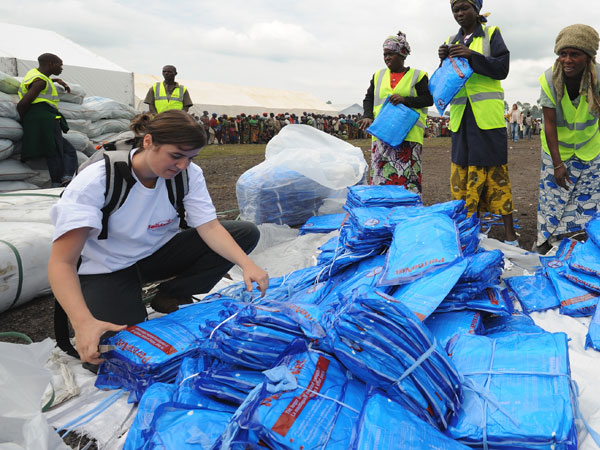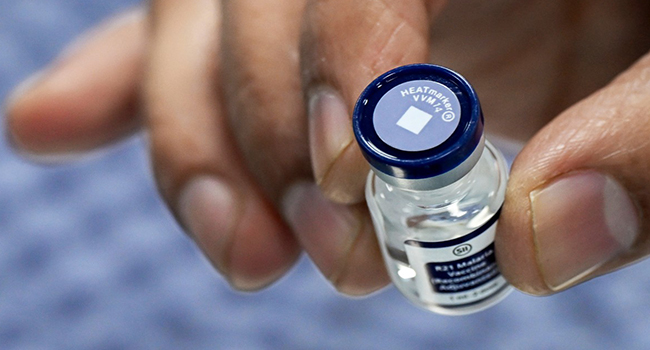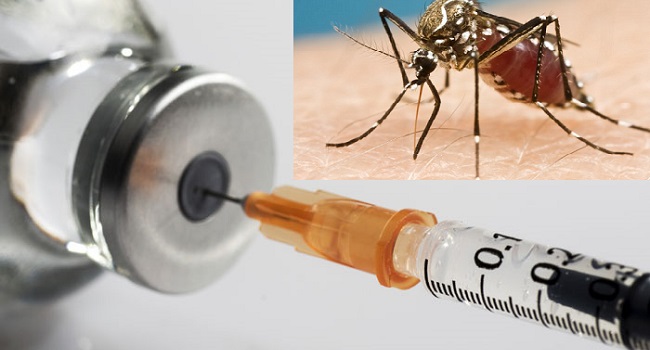
A new report released by the World Health Organization (WHO) has revealed that access to relevant malaria prevention and treatment interventions has increased significantly, leading to a 33% decline in malaria-related deaths in Africa.
In the 2011 World Malaria Report, which the world body released in Geneva and New York, it stated that there is a continued progress in efforts to reverse the course of the disease, with mortality related to the disease having decreased significantly since 2000.
According to the report, there were 655,000 malaria-related deaths in 2010, less than the previous year. Still, these promising figures leave much to be desired, a United Nations representative said.
“With malaria deaths in Africa having fallen significantly since 2000, the return on our investment to end malaria deaths has been greater than any I have experienced in the business world. But one child still dies every minute from malaria – and that is one child and one minute too many,” says Raymond G. Chambers, the UN Secretary General’s Special Envoy for Malaria.
“The toll taken by the current economic crisis must not result in our gains being reversed, or progress slowed. With Secretary-General Ban Ki-moon’s charge for near zero deaths by end of 2015, turning back now is not an option,” Mr Chambers adds.
He anticipates even more significant results in the coming years, “with 175 million mosquito nets having been delivered since data were collected for the report, along with intensified efforts to deliver diagnosis and treatment”.
Speaking at the United Nations Noon Briefing, the UN Secretary-General’s Special Envoy for Malaria and the Roll Back Malaria Partnership’s Executive Director, together with WHO’s Director of the Global Malaria Program, highlighted the progress noted and discussed necessary steps to ensure continued success.
“Since the Secretary-General inspired the world to end malaria deaths by 2015, years of hard work and resource mobilization leading to the distribution of hundreds of millions of nets, treatments and testing is firmly manifesting itself in the form of lives saved,”said Ray Chambers, the UN Secretary-General’s Special Envoy for Malaria.
The vision requires more funds in order to become a reality, however. According to the report, International funds for malaria control reached US$ 1.7 billion in 2010 and US$ 2 billion in 2011, but remained significantly below the US$ 5-6 billion that would be needed annually to achieve global malaria targets.
“We need a fully-resourced Global Fund, new donors, and endemic countries to join forces and address the vast challenges that lie ahead. Millions of bed nets will need replacement in the coming years, and the goal of universal access to diagnostic testing and effective treatment must be realized,” says Dr Robert Newman, Director of WHO’s Global Malaria Programme.
“We need to act with urgency and resolve to ensure that no-one dies from malaria for lack of a 5 dollar bed net, 1 dollar antimalarial drug and a 50 cent diagnostic test.”



